Many mainstream pop-pickers first came across Coltrane via the single edit of this album’s title song, on which he transfigured a popular tune from the hit musical The Sound Of Music into a vehicle for searing Eastern-influenced jazz improv on the then unfamiliar soprano sax. The full album version was almost 14 minutes long and, in concert, Coltrane could extend it to half an hour. It’s the sonic keystone of a four-track album that didn’t contain any original material but showed how Coltrane could take standards (including ‘Ev’rytime We Say Goodbye’ and ‘Summertime’) and transform them into intense jazz meditations.
(www.udiscovermusic.com)
Although seemingly impossible to comprehend, this landmark jazz recording
was made in less than three days. All the more remarkable is that the
same sessions which yielded My Favorite Things would also inform a majority
of the albums Coltrane Plays the Blues, Coltrane's Sound, and Coltrane
Legacy. It is easy to understand the appeal that these sides continue
to hold. The unforced, practically casual soloing styles of the assembled
quartet -- which includes Coltrane (soprano/tenor sax), McCoy Tyner (piano),
Steve Davis (bass), and Elvin Jones (drums) -- allow for tastefully executed
passages à la the Miles Davis Quintet, a trait Coltrane no doubt
honed during his tenure in that band. Each track of this album is a joy
to revisit. The ultimate listenability may reside in this quartet's capacity
to not be overwhelmed by the soloist. Likewise, they are able to push
the grooves along surreptitiously and unfettered. For instance, the support
that the trio -- most notably Tyner -- gives to Coltrane on the title
track winds the melody in and around itself. However, instead of becoming
entangled and directionless, these musical sidebars simultaneously define
the direction the song is taking. As a soloist, the definitive soprano
sax runs during the Cole Porter standard "Everytime We Say Goodbye"
and tenor solos on "But Not for Me" easily establish Coltrane
as a pioneer of both instruments.
(by Lindsay Planer, All Music Guide)
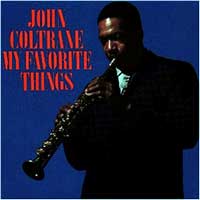
 Plattentipp
Plattentipp 

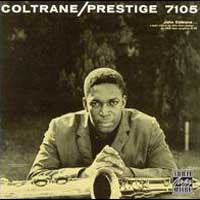
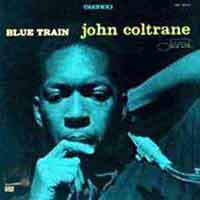
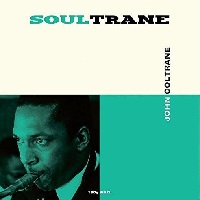
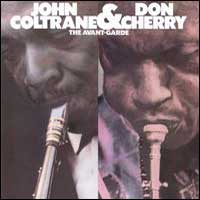
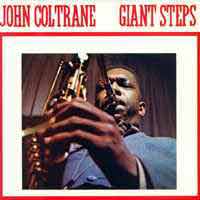
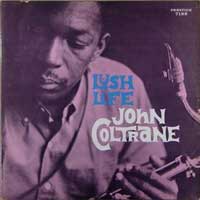
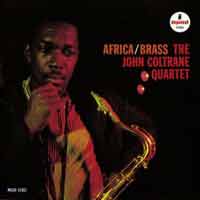
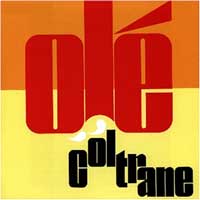
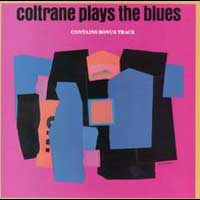
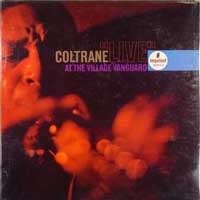
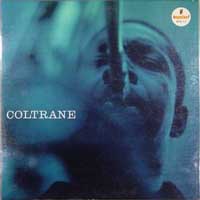
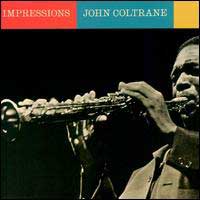
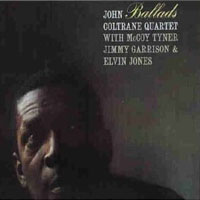
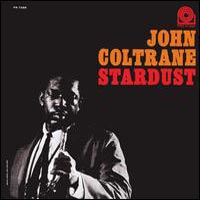
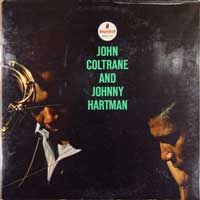
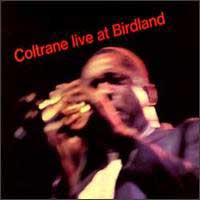
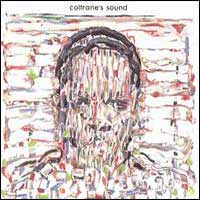
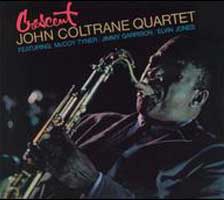
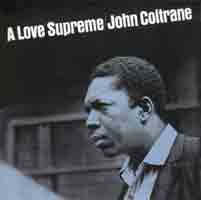
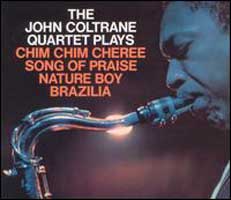
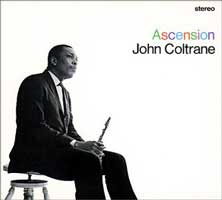
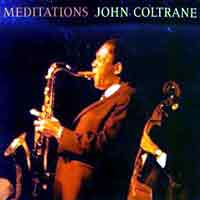
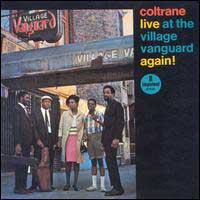

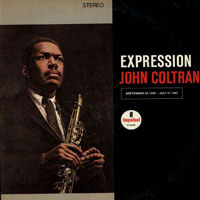

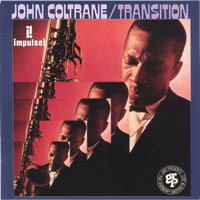
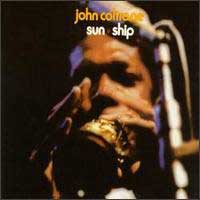
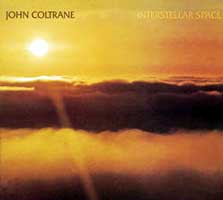
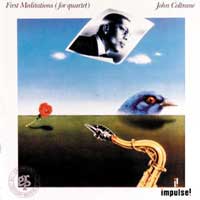


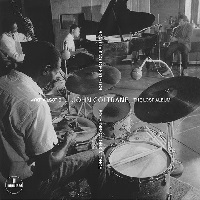
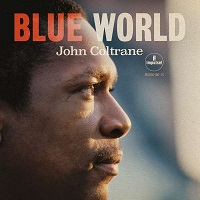
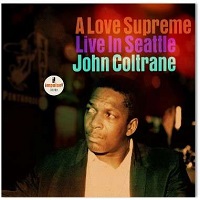
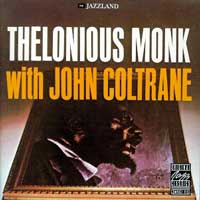

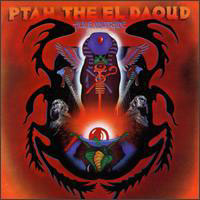
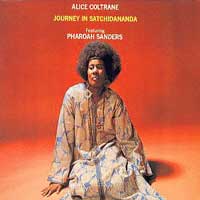
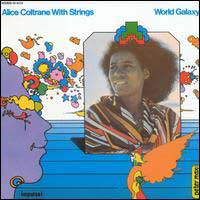
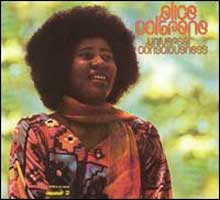
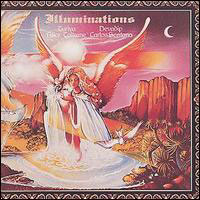
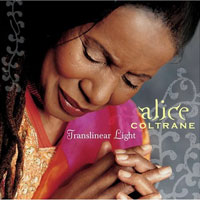
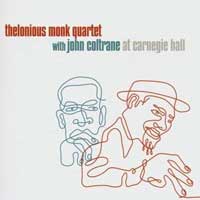


 #392 Virgin/Colin Larkin(2000)
#392 Virgin/Colin Larkin(2000)
